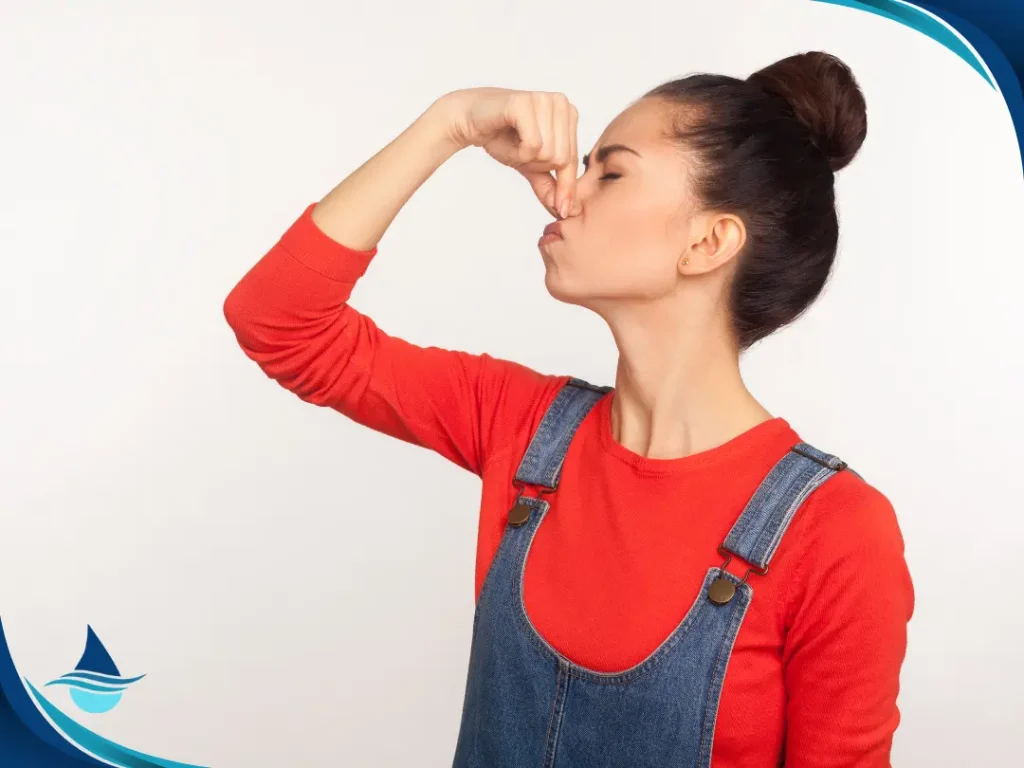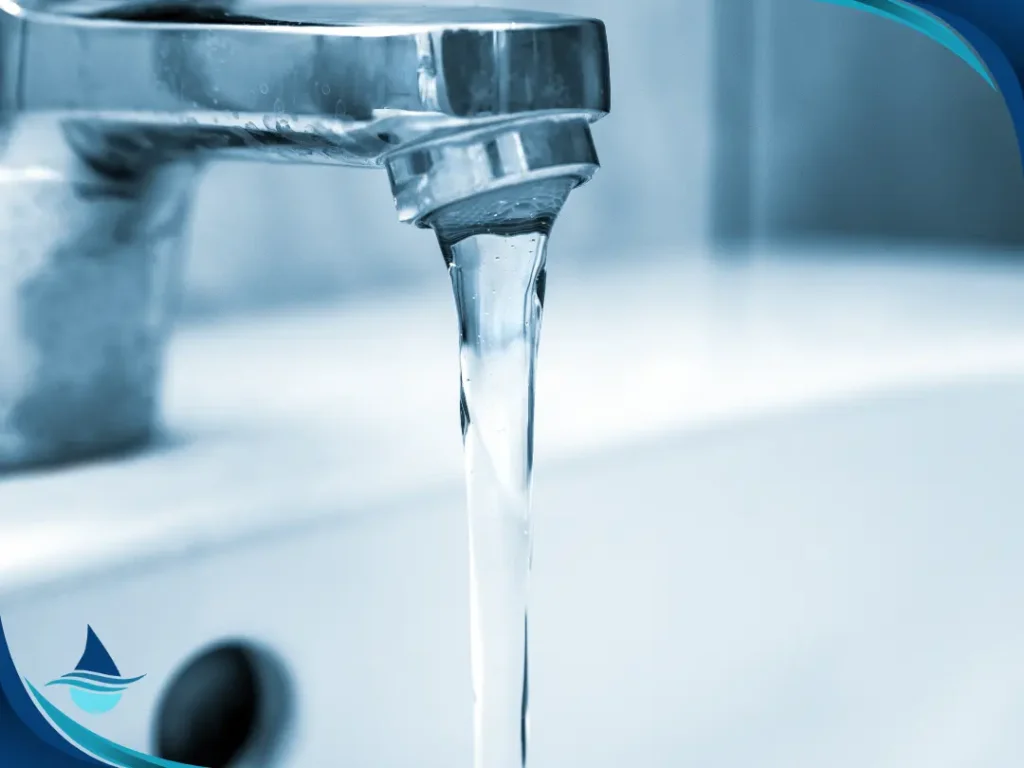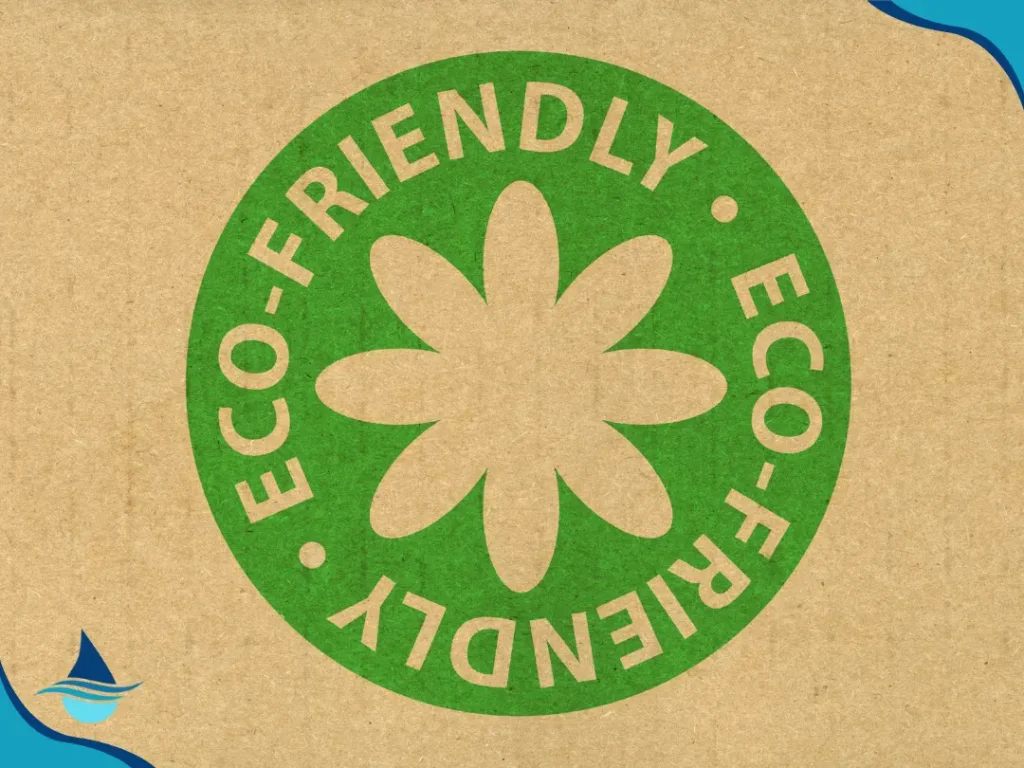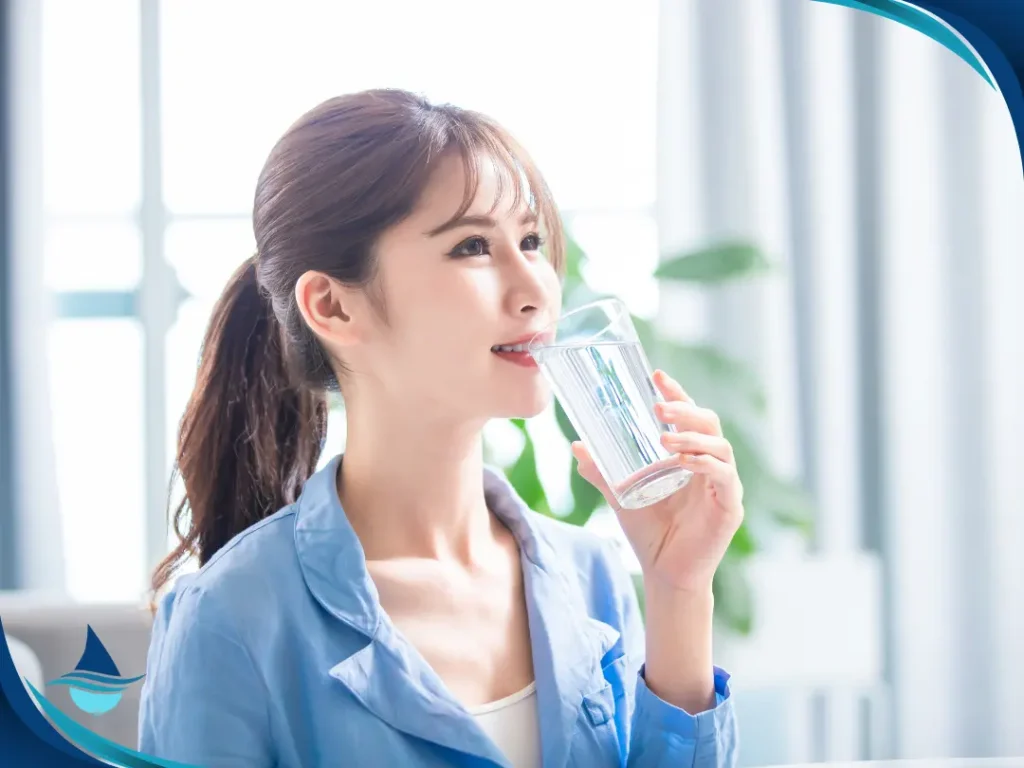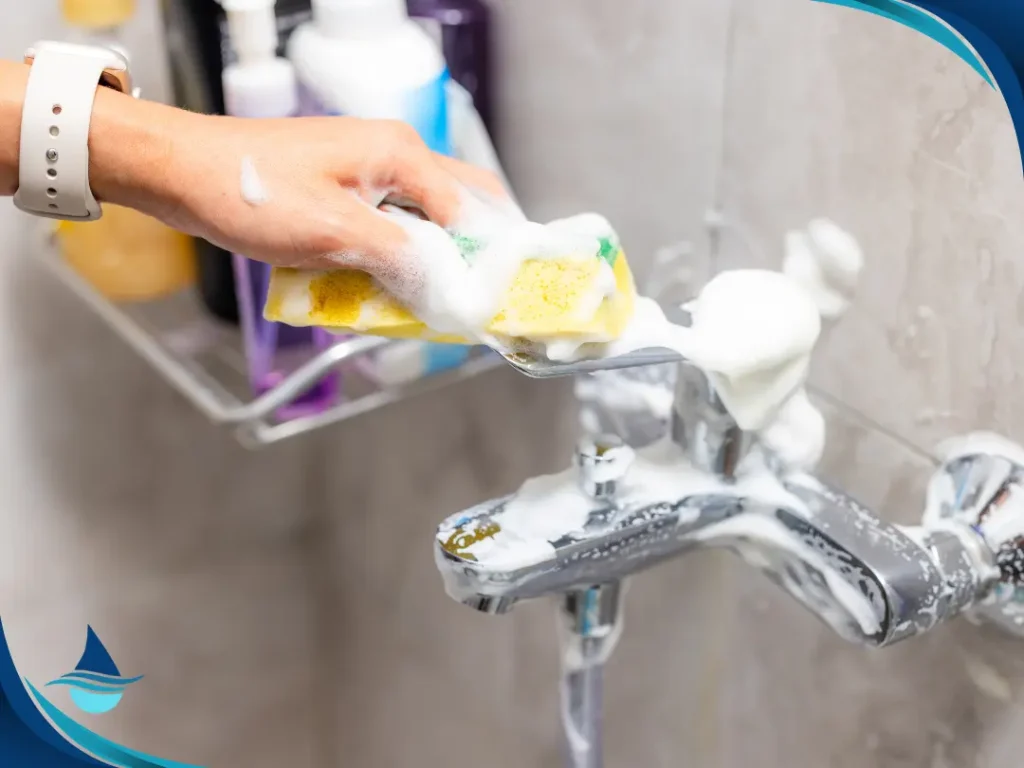Salt-Based vs. Salt-Free: Finding the Best Water Softener System

If you live in California, especially in areas like Anaheim, chances are you’ve had to deal with hard water. Whether it’s those stubborn water spots on your dishes, dry skin after every shower, or scale buildup on faucets and appliances, hard water is more than just a minor annoyance. It can affect your quality of life and the health of your plumbing system. That’s why so many California homeowners search for the best water softener system.
But once you start shopping around, you’re hit with some important questions:
- Do you go with a salt-based water softener or a salt-free system?
- What is the best water softener system for your home?
Let’s take a closer look at the options available so you can find out which one might be the best fit for your home and lifestyle.
Why California Homeowners Need a Water Softener System
Hard water is incredibly common in California. It’s packed with minerals like calcium and magnesium that don’t interact well with your home’s plumbing. These minerals can:
- Clog pipes and appliances over time, leading to costly repairs.
- Reduce water heater efficiency, which leads to higher energy bills.
- Leave laundry feeling stiff and scratchy.
- Cause dry skin and dull hair.
- Leave spots and streaks on dishes and glassware.
The good news? You don’t have to live with hard water forever. The right water softener system can make a world of difference and we’re here to help you find the best one for your needs.
Learn More: Does Your Home Need a Water Softener?
Traditional Salt-Based Water Softeners: Pros and Cons
Salt-based systems are what most people think of when they hear “water softener.” These systems work through a process called ion exchange, replacing calcium and magnesium with sodium (or potassium) to eliminate hardness.
Pros of salt-based water softeners:
- Highly effective at softening water
- Reduce scale buildup in pipes and water-using appliances
- Leave skin feeling softer and hair shinier
- Improve soap and detergent performance
Cons of salt-based water softeners:
- Require regular salt refills
- Need electricity and periodic maintenance
- Not ideal for areas with salt restrictions
- Take up space in your garage or utility area
Learn More: Frequently Asked Questions About Water Softeners: Answers to Your Hard Water Problems
Salt-Free Water Softener Systems: Convenient and Eco-Friendly
Salt-free systems don’t technically “soften” water—they condition it. These systems, including portable exchange tank service, prevent minerals from sticking to surfaces but don’t remove them from the water.
Advantages of Salt-Free Systems:
- Low maintenance with no salt or electricity needed
- Eco-friendly and brine-free, making them compliant with water discharge restrictions in many parts of California
- Space-saving and ideal for homeowners who don’t want to manage a traditional water softener system
- With portable exchange tank service, a technician does all the work, delivering and replacing tanks for you
Disadvantages of Salt-Free Systems:
- Don’t actually remove hard minerals
- Less effective at preventing scale in areas with very hard water
- Won’t improve soap lathering or reduce spotting to the same extent as salt-based water softener systems
What’s the Best Water Softener System?
The answer depends on your water hardness, household water usage, your preferences, and your lifestyle.
If you want maximum water softening power and are okay with some maintenance, a salt-based water softener is your best bet. But if you’re looking for a hassle-free, eco-conscious alternative, then a salt-free option, such as portable exchange tank service, might be the perfect match.
Get the Best Water Softener System for YOUR Home with Pacific Coast Water Systems
No matter what kind of water treatment system you’re leaning toward, we are here to help. At Pacific Coast Water Systems, we proudly serve homeowners in Anaheim, CA and surrounding areas with a wide range of residential water treatment options, including:
- Salt-based water softeners
- Salt-free systems, including portable exchange tank service
- Reverse osmosis systems for clean, safe drinking water
- Whole-house water filtration systems for filtered water at every faucet
- Bottleless water coolers for fresh, filtered hot or cold water on demand
- Salt delivery service so you don’t have to lift heavy salt bags yourself
- Service and repairs for any brand home water system
Whether you’re tired of dealing with hard water problems or just want better-tasting water from every tap, we’re here to help you find the best water softener system for your home. Contact us today and discover how better water can make life easier!


